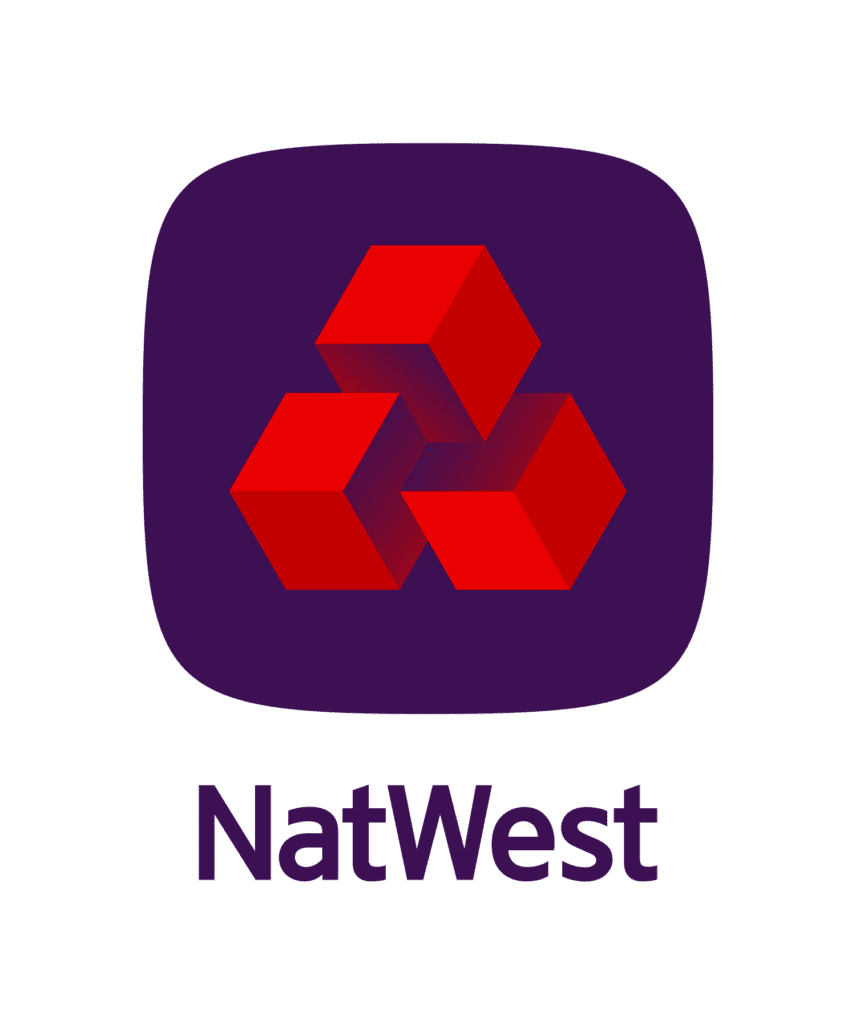
In a report published today on ‘The (Unmet) Potential of Open Banking’, Oxera identifies the key economic obstacles that are holding back the wider adoption of Open Banking and the development of new innovative use cases that go beyond the regulatory mandate.
NatWest Group commissioned Oxera, an economics and finance consultancy firm, to produce the report, with the aim of providing economic analysis and insight that will support the upcoming decision-making on the next phase of Open Banking in the UK.
Since launching in 2018, Open Banking has been a qualified success, with over 7 million businesses and consumers having used it to date. However, this only represents around 10% of consumers and SMEs. Open Banking payments, by several orders of magnitude, are dwarfed by more traditional payment options like cards or direct debits.
The report identifies the economic challenges that currently prevent Open Banking from reaching its full potential. These include a lack of commercial incentives to develop or enhance APIs, and a lack of alignment between ASPSPs (Account Servicing Payment Service Providers – i.e. banks) on the benefits of Open Banking. There are also significant challenges around managing trade-offs, for example in relation to security and convenience, within the Open Banking ecosystem.
There are three possible routes forward to address these challenges. The first two are already under discussion, and the Oxera report suggests an additional third option:
The report notes that different routes may be optimal for different Open Banking use cases. Some use cases may benefit from hybrid approaches: for example, mandating the development of an API, but leaving its commercialisation to the banks themselves, or to a multi-party system.
Claire Melling, Head of Bank of APIs at NatWest Group, commented: “This report makes it clear that banks, fintechs and regulators need to work together to design new, flexible frameworks and commercial incentives that will support a far wider range of Open Banking use cases. By acting on the recommendations in this report, we can enable Open Banking to reach its full potential and, ultimately, deliver new and enhanced propositions that will improve customer choice and experience.”
About NatWest Group
NatWest Group is a relationship bank for a digital world. We champion potential; breaking down barriers and building financial confidence so the 19 million people, families and businesses we serve in communities throughout the UK and Ireland can rebuild and thrive. If our customers succeed, so will we.
At NatWest Group, we’ve been building the Bank of APIs – expanding on the foundations of Open Banking by creating an API ecosystem that’s allowing us to supercharge our existing customer channels, embed our services into new digital ecosystems, and bring market-leading payment and data solutions to our customers and partners in new and innovative ways.
For more information, please contact:
Stephanie Melrose, Media Relations Manager at NatWest Group
[email protected] / +44 (7966) 212576
The Payments Association
St Clement’s House
27 Clements Lane
London EC4N 7AE
© Copyright 2024 The Payments Association. All Rights Reserved. The Payments Association is the trading name of Emerging Payments Ventures Limited.
Emerging Ventures Limited t/a The Payments Association; Registered in England and Wales, Company Number 06672728; VAT no. 938829859; Registered office address St. Clement’s House, 27 Clements Lane, London, England, EC4N 7AE.







Log in to access complimentary passes or discounts and access exclusive content as part of your membership. An auto-login link will be sent directly to your email.
We use an auto-login link to ensure optimum security for your members hub. Simply enter your professional work e-mail address into the input area and you’ll receive a link to directly access your account.
Instead of using passwords, we e-mail you a link to log in to the site. This allows us to automatically verify you and apply member benefits based on your e-mail domain name.
Please click the button below which relates to the issue you’re having.
Sometimes our e-mails end up in spam. Make sure to check your spam folder for e-mails from The Payments Association
Most modern e-mail clients now separate e-mails into different tabs. For example, Outlook has an “Other” tab, and Gmail has tabs for different types of e-mails, such as promotional.
For security reasons the link will expire after 60 minutes. Try submitting the login form again and wait a few seconds for the e-mail to arrive.
The link will only work one time – once it’s been clicked, the link won’t log you in again. Instead, you’ll need to go back to the login screen and generate a new link.
Make sure you’re clicking the link on the most recent e-mail that’s been sent to you. We recommend deleting the e-mail once you’ve clicked the link.
Some security systems will automatically click on links in e-mails to check for phishing, malware, viruses and other malicious threats. If these have been clicked, it won’t work when you try to click on the link.
For security reasons, e-mail address changes can only be complete by your Member Engagement Manager. Please contact the team directly for further help.